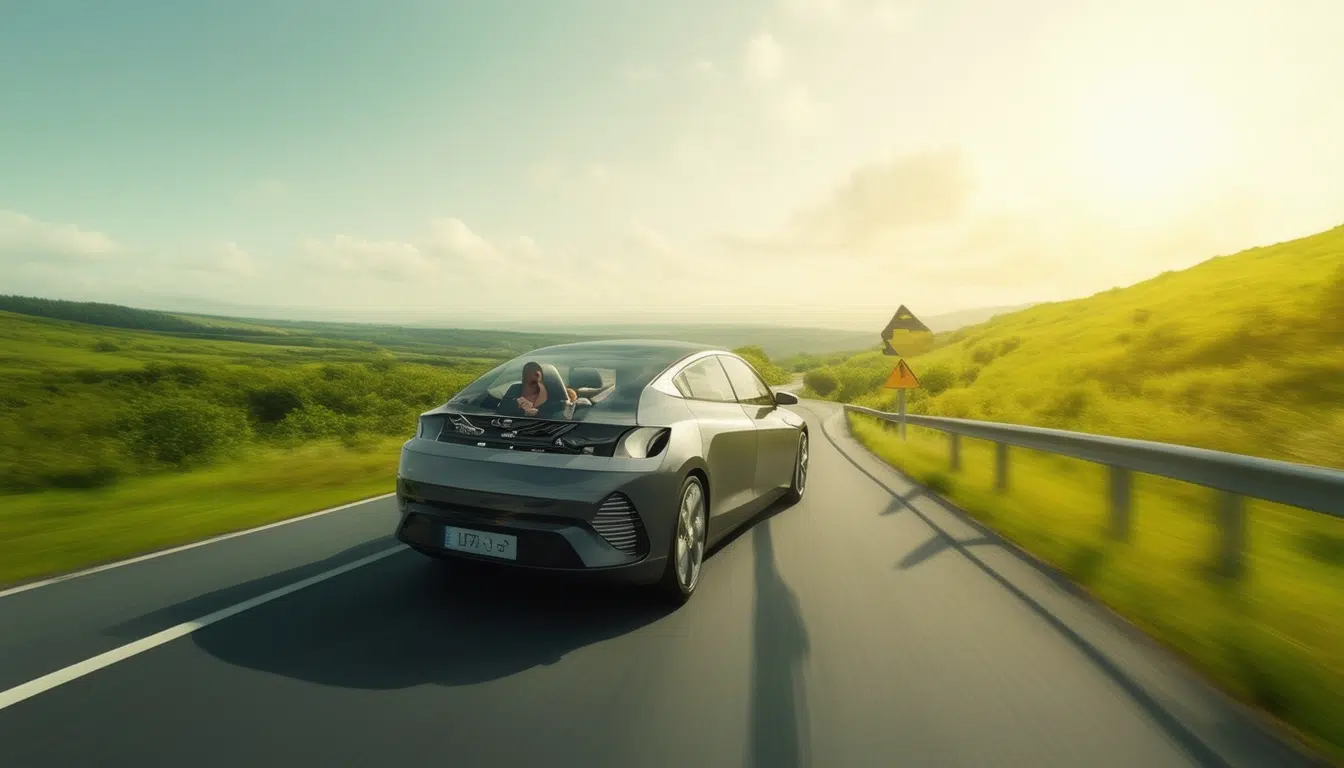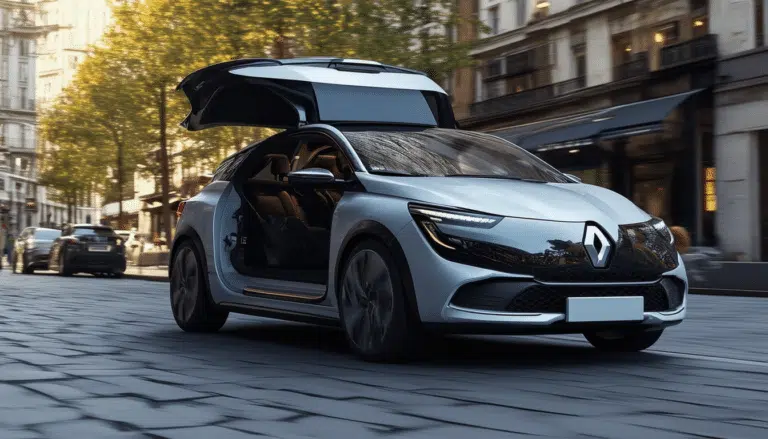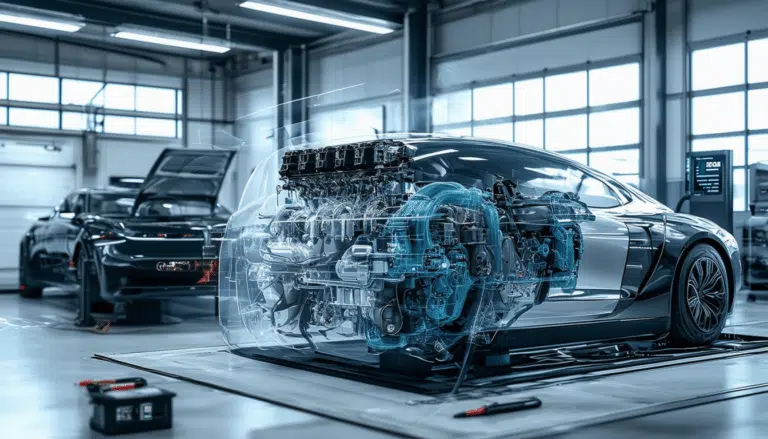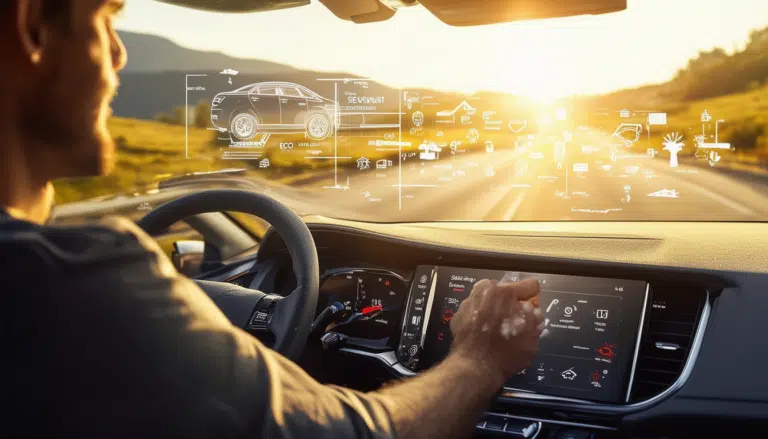Tips for efficient and economical driving

Driving in a efficient and economical manner not only helps reduce fuel consumption but also improves vehicle performance and decreases harmful emissions. Adopting appropriate driving habits can make a significant difference in economic savings and vehicle maintenance. Below is a series of practical tips that will optimize the driving experience and promote more sustainable mobility.
Driving efficiently not only helps reduce fuel consumption but also minimizes CO2 emissions and contributes to personal economy. Below are several tips to optimize vehicle usage, ensuring that each trip is more sustainable and economical. Implementing these habits behind the wheel will not only save on fuel but also extend the life of the vehicle.
Starting and operating the engine
One of the most important aspects of efficient driving is how the engine is started. It is recommended to start the vehicle without pressing the accelerator, as this prevents unnecessary fuel consumption. Additionally, it is unnecessary to leave the engine running in neutral while waiting, as this also contributes to increased fuel expenses.
Gear shifting
The proper gear shifting is essential for efficient driving. Using first gear only to start and shifting to higher gears as soon as possible will help maintain a steady speed and reduce consumption. Anticipating traffic conditions can facilitate this process and allow for smoother gear changes.
Maintaining a constant speed
It is crucial to maintain a constant speed while driving. Avoiding rapid accelerations and sudden braking not only saves fuel but also reduces vehicle wear. Utilizing cruise control on the highway can be very helpful in this regard.
Use of brakes
The responsible use of brakes also has a significant impact on driving efficiency. It is advisable to anticipate traffic situations and, when possible, use engine braking, which allows for smoother deceleration and lower fuel consumption. Avoiding excessive use of brakes reduces wear on the discs and pads, extending their lifespan.
Vehicle maintenance
A well-maintained vehicle is essential for achieving economical driving. Regular maintenance that includes checking oil levels, tire pressure, and the braking system will ensure the vehicle operates efficiently. It is crucial to keep tires properly inflated, as inadequate pressure can significantly increase fuel consumption.
Optimizing the driving environment
Efficient trip planning can avoid areas of congestion, reducing the engine’s idle time and fuel consumption. Additionally, seeking alternative routes and using navigation apps that show real-time traffic can make a significant difference in the efficiency of each trip.
Final conclusions
Implementing these tips not only helps reduce travel costs but also represents an ecological responsibility. Driving efficiently has both economic and environmental benefits, fostering a more sustainable lifestyle. Starting to apply these habits today will allow for a more efficient and economical journey.
Choosing efficient driving not only benefits the wallet but also contributes to environmental sustainability. Drivers can adopt habits that optimize fuel consumption and reduce emissions of harmful gases. A key component of this practice is keeping the vehicle in optimal condition. This includes performing regular maintenance, such as oil changes and checking air filters, which ensures that the engine runs effectively.
Starting the engine is another important element; it is advisable to do so without fully pressing the accelerator, which helps avoid unnecessary fuel consumption. When starting off, it is better to use first gear only to get moving and then shift to higher gears as the vehicle gains speed. This technique allows the engine to operate at a more efficient rate and decreases fuel expenditure.
Furthermore, maintaining a constant speed is fundamental. Accelerating and braking repeatedly not only leads to increased fuel consumption but can also wear out brakes prematurely. Using engine braking when approaching a traffic light or downhill also helps save fuel and prolong the life of vehicle components.
Finally, anticipating traffic conditions and avoiding congestion can make a difference in consumption. Don’t forget to moderate your speed: driving at a suitable speed is not only safer but also reduces air resistance and fuel consumption. Adopting these efficient driving tips can result in significant long-term savings and a positive environmental impact.





